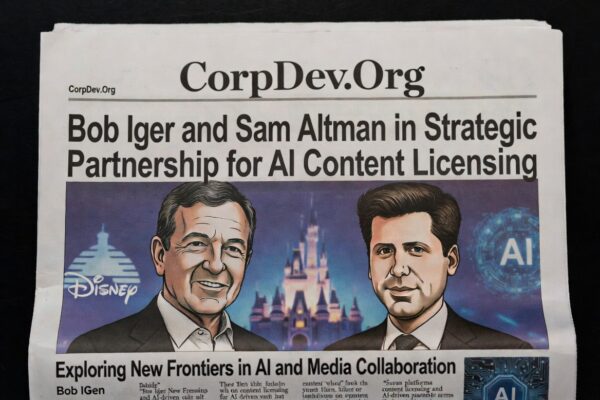Disney-Reliance Merger: Antitrust Concerns Loom Over Cricket Broadcasting Rights
Key Highlights
- The proposed $8.5 billion merger between Walt Disney and Reliance Industries aims to create India’s largest entertainment conglomerate, combining over 120 TV channels and two streaming services.
- The Competition Commission of India (CCI) has raised significant concerns about the merger’s potential impact on market dominance, pricing power, and anti-competitive practices, particularly in the context of cricket broadcasting rights.
- Cricket, India’s most popular sport, is a critical component of the deal, with the merged entity set to own lucrative broadcasting rights for major cricket leagues, including the Indian Premier League (IPL).
Antitrust Concerns and CCI’s Warning
The CCI has expressed grave concerns about the proposed merger, highlighting the potential for the combined entity to gain an absolute control over cricket broadcasting in India. The commission has warned that this dominance could harm advertisers and consumers, leading to higher ad rates and reduced choices.
To address these concerns, Disney and Reliance have offered to divest fewer than 10 TV channels, primarily regional Indian language channels. However, the CCI remains skeptical, noting that any sub-licensing of cricket rights would require prior approval from the Indian cricket board, potentially prolonging the approval process.
Cricket: The Game Changer
Cricket is a highly coveted sport in India, with massive viewership and significant advertising revenue. The merged entity’s control over cricket broadcasting rights, including the IPL, could significantly boost its advertising market share, estimated to be around 40% in TV and streaming segments. As K.K. Sharma, a former head of mergers at the CCI, noted, “Disney and Reliance together hardly anything of cricket will be left… it is not merely dominance but almost an absolute control over cricket”.
The transfer of these rights could impact the competitive dynamics of cricket broadcasting in India, potentially reducing consumer choices and driving up prices. Industry experts and cricket boards are closely monitoring the situation, with the potential impact on broadcasting rights and revenues being a significant concern.
Comparative Analysis and Past Mergers
Previous media mergers, such as Comcast-NBC and AT&T-Time Warner, have faced intense regulatory scrutiny, highlighting the complexities of antitrust compliance in the broadcasting industry. In the context of global mergers, Disney’s experience with the Fox acquisition underscores the importance of addressing antitrust concerns early in the merger process to avoid significant delays and potential divestitures.
Impact on Consumers and Content Diversity
The merger’s potential impact on consumer choice and pricing in the broadcasting space is a critical concern. Diverse content and competition are essential for maintaining a vibrant media landscape. The loss of regional channels could reduce consumer options, particularly in areas where Disney and Reliance have a strong market share, such as in Marathi and Bengali language sectors, where they hold a combined market share of up to 75% and 50%, respectively.





